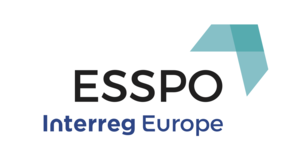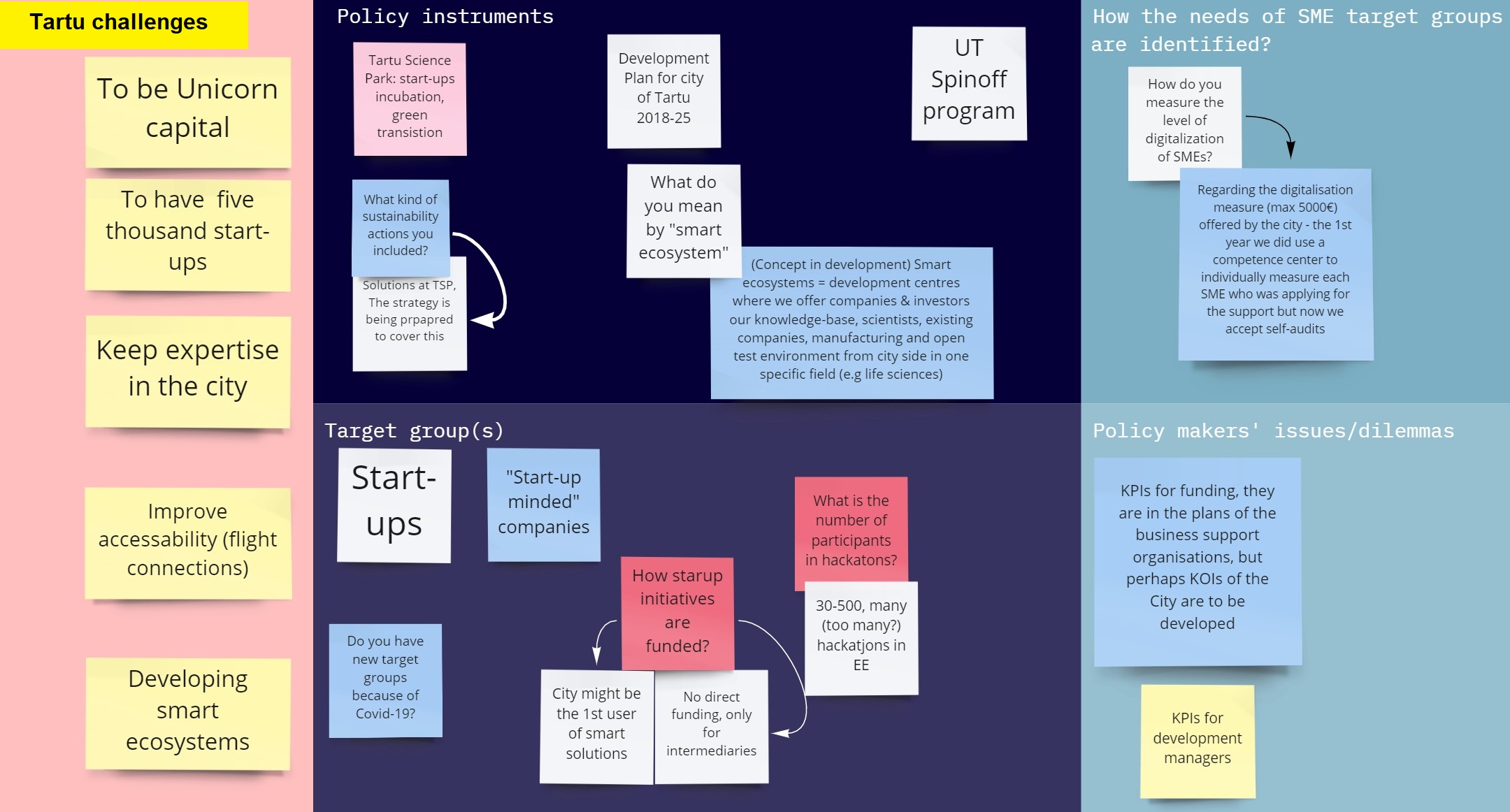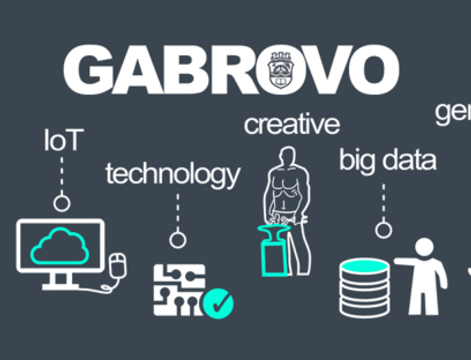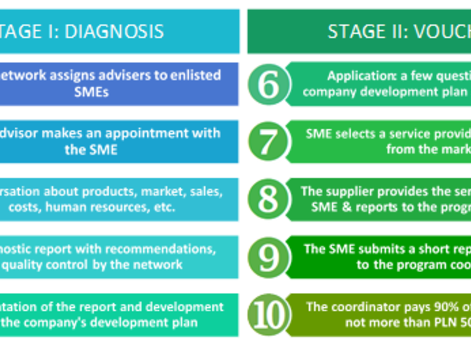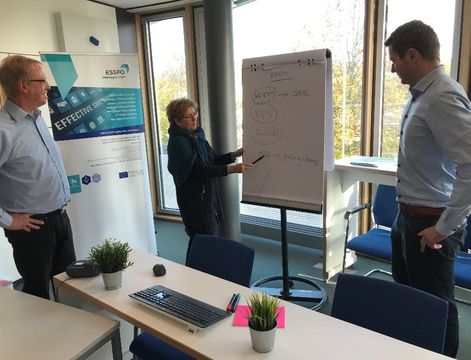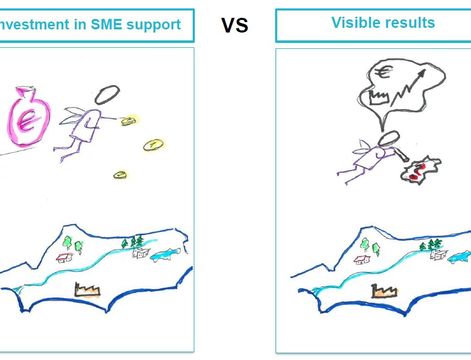The first good practice regards monitoring, evaluation and communication, and answers the question how might we impartially assess both innovative and expected market potential of the projects.
The istitution involved is Poznan Science and Technology Park - the first technology park in Poland established in 1995. The Park initiated a lot of activities in the field of science and economy cooperation and development of new technologies. There are two initiatives coordinated by PSTP related to evaluation of projects' market potential.
- Innovation Incubator
In order to support knowledge commercialization process, Poznan Science and Technology Park, in cooperation with the Ministry of Science and Higher Education, has launched the initiative called Innovation Incubator. Its aim is to organise meetings with research teams so as to learn about their interests and past achievements. Research teams or individual researchers who developed innovative technologies were offered support and counselling, thanks to which they found out whether companies were interested in a given technology and whether these companies perceived it as competitive with previous technologies. The team of PSTP experts developed a path of commercialisation and valuation for the technologies which were the most interesting to the companies. During the implementation of the project PSTP specialists met with research teams representing Poznań public universities. A scientific audit was carried out at the meetings to examine the potential of a given research team. In this way a significant knowledge base was created which will bear fruit in the future.
From among 100 research teams PSTP experts collected information about 62 technologies in the case of which preliminary assumptions were already confirmed by research. All these solutions were examined in terms of four aspects: innovativeness of the technology, market volume and accessibility, the status of intellectual property and the team's involvement.
33 detailed market analyses were carried out to develop recommended strategies and commercialisation paths.
251 profiles of companies and research teams were collected in the database which optimised customer relationship management.
52 bilateral meetings with researchers and potential business partners were organised.
Information on 50 technological demands of the companies was collected. The analysis of PSTP experts' performance showed that researchers were found with respect to 35 technological demands. PSTP experts carried out 60 patent landscape analyses. The researchers were also assisted in preparing patent applications. 23 prototypes were created on the basis of research and development results. The aim of the prototypes was to show the companies which were interested in a given solution how it would operate in conditions simulating real-life conditions as far as possible. 10 commercialisation agreements were signed by and between research institutions and companies. In all these agreements intellectual property rights were made available in the form of a license.
2) Seed fund
Once a year PSTP looks for aspiring entrepreneurs planning to create and develop state-of-the-art products and services in the field of chemistry, biotechnology as well as information and communications technology (ICT). The target groups are mainly entrepreneurs and researchers who plan to run their own business, who understand the market, competition, with its positive features, and, most importantly, who are developing innovative solutions and that is why they need an investor. Selected ideas are developed from the moment of defining primary assumptions with regard to the functioning of the business, in close cooperation with coordinators and experts (e.g. working in finance, intellectual property rights or technology transfer), and until the key financial and business decisions related to the enterprise are made.
Before the decision to establish a special purpose vehicle is made, ideas will be tested on the market thanks to our cooperation with the largest companies. A positive feedback from the market will give the green light to develop the business supported by the investor’s capital.
Apart from offering advice and investment capital, PSTP also provides selected businesses with research environment, equipment and necessary technology. The main assessment criteria are (scoring system to evaluate): innovativeness, competition, IPR, market entry barriers, feasibility study, team assessment, business model. Complex ideas are reviewed by people with the appropriate expertise necessary to understand what would be essential to implement the idea – and what might go wrong. There is PSTP Evaluation Board which consists of the experts who has as well as business and sector experience. Ideally, that expertise should be varied. There are special regulations regarding this board.
The process:

